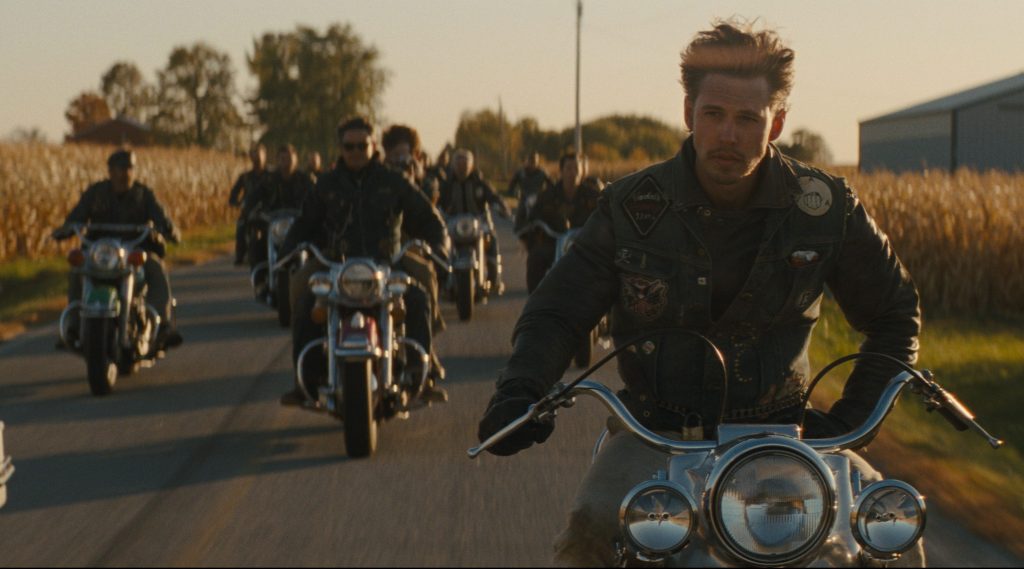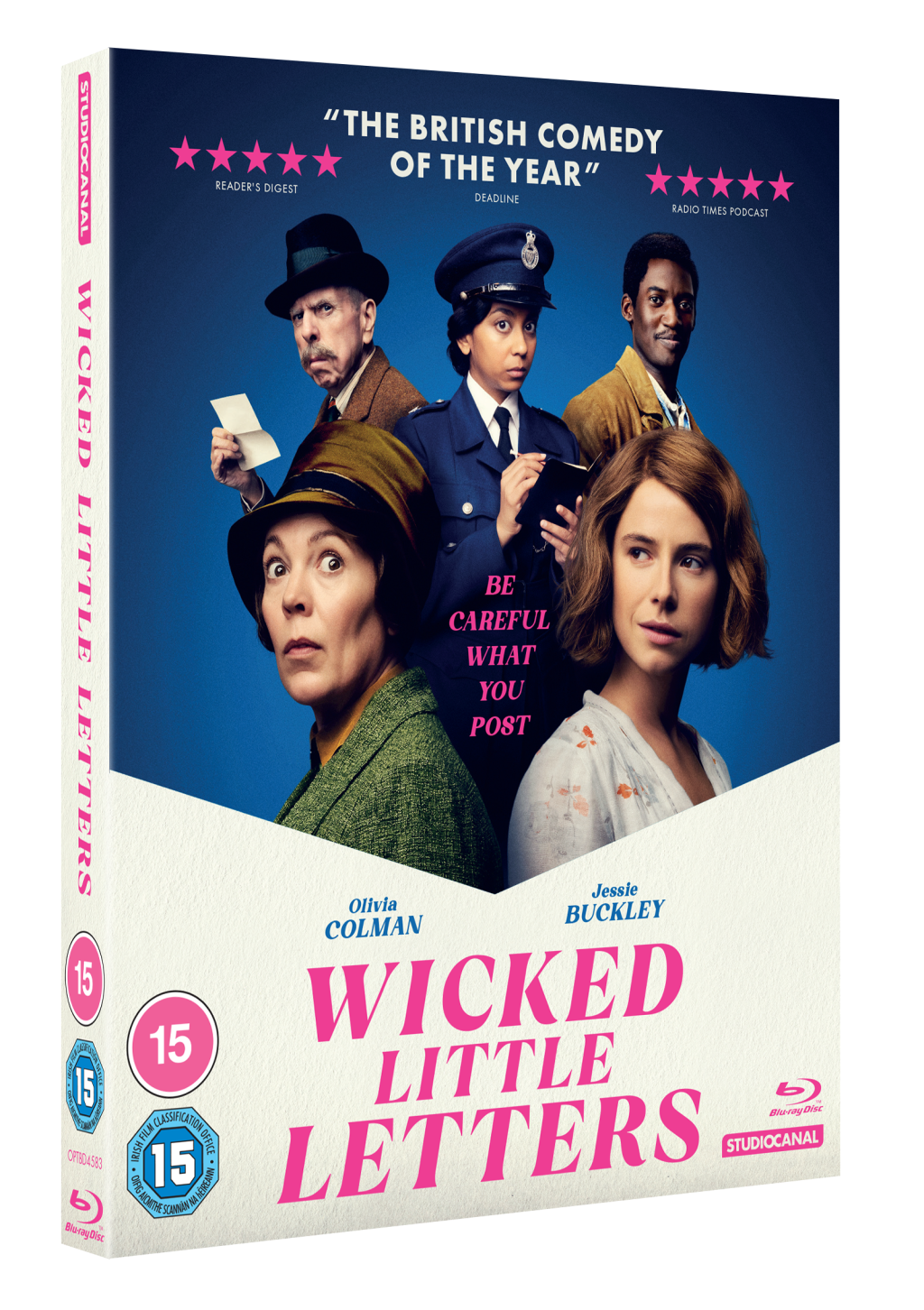Though he was greatly admired by many, Peter Bogdanovich never really received the credit he deserved. He never bettered the three films he made in the early 1970s, but this is less of an indictment of his later films than a testament to just how great these early films were. The Last Picture Show isn’t my favourite of these (That would be Paper Moon) but it might be the most important.
Based on the novel by Larry McMurtry, the film is set in a small town in Dallas, following the lives of a group of teenagers in that awkward phase, between leaving school and trying to work out what to do with their lives, filled with raging hormones and existential uncertainty. Contrasted with these hopelessly naive youngsters are the older characters, remnants of a rose-tinted past, who reminisce about the good old days with a sadness that inevitably seeps into the lives of the younger generations. All of whom just want to get out of this dead-end town.

Bogdanovich was a genuine cinephile, who took lessons in film-making from the likes of Howard Hawks, Alfred Hitchcock, John Ford and Orson Welles, all of which informs his directing decisions here. In one of the special features on this release from Criterion, Francois Truffaut talks about the emerging New Hollywood of the 1970s, and how The Last Picture Show in particular represents a step forward in film-making: “In the past, evolution in film came from technical advances… today’s evolution is due to sexual liberation.” Bogdanovich doesn’t do anything revolutionary from a film-making perspective, (in fact it seems clear that he is inspired very much by the classic style) but rather thematically, with candid scenes and language that would have been risque for its time. But accompanying this candour is a an odd chasteness that makes all of the characters fairly charming, even when their actions are pretty abhorrent. What Bogdanovich portrays beautifully in his depiction of teenagers is this naivety combined with a callous selfishness, or at least a thoughtlessness about others, that feels all-too authentic. All of which are symptoms of the characters’ burgeoning sexuality, all raging hormones with no outlet.
Timothy Bottoms is a great lead as Sonny, almost resembling Ryan O Neal in the way he is something of a cypher. The other actors get more colourful roles but he is the one who anchors the entire film. He still gets moments to shine though; there are two key moments where his performance is nothing short of devastating. It makes you wonder why he wasn’t a bigger star – his outburst of “He was sweeping you sons of bitches!” is especially powerful. Jeff Bridges is a charismatic force of nature as Duane; Bogdanovich deliberately cast the incredibly likeable Bridges in a role that is cocksure and pretty unsympathetic in places to make the character more interesting. Meanwhile Cybil Shepherd gives a genuine star-making performance as the beautiful, spoilt and calculating Jacy.

While ostensibly about the younger characters, it’s the older actors who steal the film. Ben Johnson and Cloris Leachman rightfully won Oscars for their roles. Johnson still holds the record for the Best Supporting Actor winner with the briefest screen-time, but he really makes an impression as the idolised Sam “The Lion.” Johnson was famously reluctant to take the part, and would moan to anyone who would listen about having “too many words” and yet he gives a nuanced performance with genuine pathos. The scene by the water tank is rightly held up as one of the key scenes in the film and demonstrates just how much Johnson could convey while saying very little. Leachman is also incredible as the deeply sad, sexually repressed wife of the football coach who finds happiness in an illicit affair with Sonny, which goes just about as well as expected.
However, as impressive as those performances are, for me it was Ellen Burstyn who stood out the most on this rewatch. She makes what could have been a one note role incredibly nuanced, and her final scene with Bottoms is brilliant. She delivers her speech in a beautifully understated way, playing it with a mixture of remorse and nostalgia that is just heartbreaking. Similarly, Eileen Brennan does a great deal with not much screen-time, conveying so much affection for the kids who frequent her diner without saying all that much. When she finally opens up more to Sonny about her past, it’s a beautifully observed and performed character moment.

A film that is both nostalgic, bittersweet and relevant today, Bogdanovich perfectly captures universal feelings experienced during adolescence. He manages to nail the scenes of awkward fumbling and barely controlled libidos along with the autumnal shading of the older characters. It’s the youngsters idealised notion of sex, combined with the wistful memories of the adults youth, that makes the film an endlessly rewarding delight. What sticks in the memory most when the film ends are the little character touches – the way Sonny habitually adjusts his friends hat, the enigmatic final look on Jacy’s face, or the shared moment of silence that passes between Sam and the boys as they depart to Mexico. It’s the kind of movie only a true lover of film could make.
Special Features
This is a very special release from Criterion, which also includes Bogdanovich’s 1990 sequel, Texasville, with many of the main cast returning, including Cybill Shepherd and Jeff Bridges. This release includes both the theatrical version and a black and white director’s cut of this film.
Bogdanovich is one of those directors, like William Friedkin and Brian DePalma, who is a natural raconteur, and refreshingly candid about what does and doesn’t work in his films. As such his presence on the special features is endlessly fascinating for anyone interested in the logistics of shot composition or film history. There are two commentaries, one from Bogdanovich and one with Shepherd, Leachman, Randy Quaid and Frank Marshall. There are also two documentaries on the making of the film, a 2009 interview with Bogdanovich, along with the usual assortment of screen tests, location footage and trailers.








![The Cat And The Canary Blu-ray review: Dir. Paul Leni [Masters Of Cinema]](https://criticalpopcorn.files.wordpress.com/2024/04/image-5.png?w=1024)

![Crimson Peak Limited Edition 4K UHD review: Dir. Guillermo del Toro [Arrow Video]](https://criticalpopcorn.files.wordpress.com/2024/04/crimson-peak-4k-arrow-video-highdef-digest-full.jpg?w=1024)



Post your thoughts